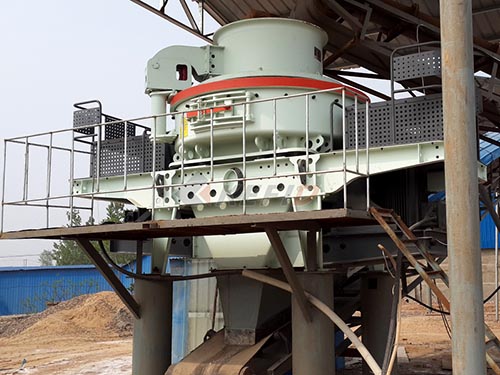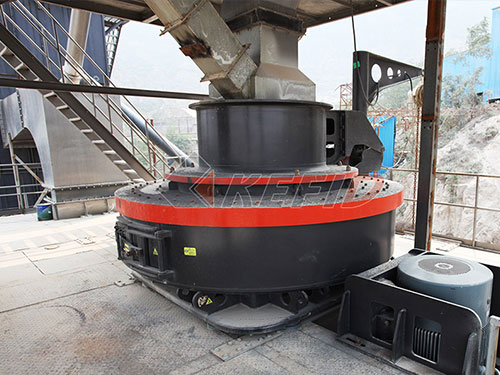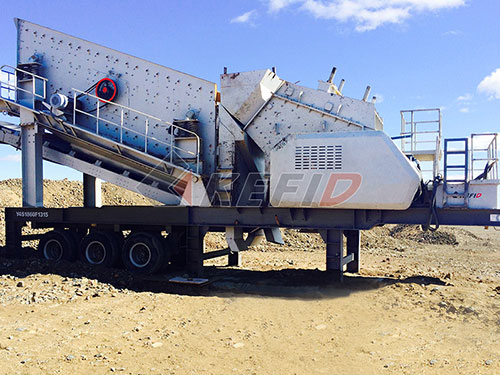Rock Crusher Rentals in Thailand: Costs, Considerations & Strategic Insights

The relentless pace of Thailand’s infrastructure development – encompassing ambitious road networks, expanding ports, new industrial estates, and large-scale residential projects – demands efficient and cost-effective solutions for processing vast quantities of raw materials. Rock crushers stand as indispensable workhorses on these sites, transforming quarried stone, demolition debris, and river gravel into essential construction aggregates like base course, sub-base, and various sized stones. For many contractors, from large multinational firms to local SMEs (Small and Medium Enterprises), purchasing heavy machinery outright presents significant financial and operational challenges. This reality makes rock crusher rentals in Thailand an increasingly attractive and strategic option. Understanding the rental price landscape is crucial for effective project budgeting and execution.
Why Rent a Rock Crusher in Thailand?
The decision to rent rather than buy offers compelling advantages tailored to the Thai market:
1. Capital Expenditure Avoidance: Crushing equipment represents a substantial capital investment. Renting eliminates the need for large upfront payments or burdensome loans, freeing up vital cash flow for other project aspects like labor, materials, or mobilization.
2. Mitigating Depreciation & Obsolescence: Heavy machinery depreciates rapidly. Rental agreements transfer the risk of depreciation and potential technological obsolescence to the rental company.
3. Enhanced Flexibility & Scalability: Projects vary significantly in scope and duration. Renting allows contractors to:

Scale equipment size up or down based on specific project phases or requirements (e.g., starting with a smaller unit for initial site prep).
Access specialized equipment (like track-mounted impactors for confined urban sites or high-production cone crushers for hard rock quarries) only when needed.
Easily adjust fleet size as project demands fluctuate.
4. Reduced Maintenance Burden & Downtime Risk: Reputable rental providers include scheduled maintenance within their agreements (or offer comprehensive service packages). They bear the responsibility for major repairs and hold spare parts inventory, significantly reducing unexpected downtime costs that can cripple a project schedule.
5. Logistical Efficiency: Rental companies handle transportation logistics – delivery to site and collection upon completion – saving contractors time and resources managing specialized low-loaders.
6. Access to Modern, Compliant Equipment: Rental fleets typically feature newer machines equipped with the latest technology (improving fuel efficiency and productivity) and meeting evolving emissions standards (especially relevant near urban centers or sensitive areas).
7. Testing Before

Leave a Reply